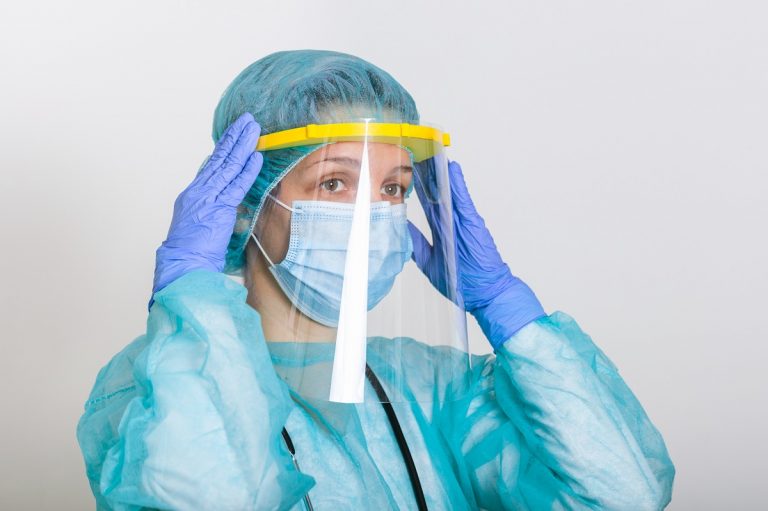Students who have been called up to work in hospitals and social facilities were told this week that they would have to pay income tax on their remuneration, a change from the original agreement made last spring under which they were exempt from paying taxes. In response to complaints from the South Moravian Region and Masaryk University, the Ministry of Finance has agreed to waive the taxes, though the obligation to pay health and social contributions remain. Photo credit: Freepik / Illustrative photo.
Brno, Jan 11 (BD) – The Ministry of Finance has agreed to waive taxes on student medics called up to work in support of healthcare staff in hospitals, following protests from Masaryk University and the South Moravian Region. Following a change in the interpretation of regulations, secondary and tertiary students performing work duties in hospitals and social facilities were told earlier this week that they would have to pay income tax and levies on their financial remuneration for this work.
Since last spring, students who have been called on to work were not subject to paying tax, according to the Ministry of Health’s original methodology. According to a new interpretation of the regulations, working students faced losing a third of their income through paying social and health insurance and income tax. The management of Masaryk University (MUNI) and the South Moravian Region were opposed to the change, and the South Moravian Region promised to assist working students in the region to pay the additional taxes.
The Ministry of Finance responded to this issue on Sunday, with Finance Minister Alena Schillerová saying that students working in hospitals would no longer be obliged to pay taxes. The waiver will apply to tax liabilities incurred in the past and any new obligations. However, this does not apply to health and social insurance contributions, which are outside of the competence of the ministry.
The proposal was criticised by Martin Bareš, Rector of MUNI: “Not only do the students ordered to work often have to do work that does not match their qualifications, at the expense of their studies, but they may now lose some of the compensation they are paid to help society, due to an unjustified change in interpretation. Students should not be abused in this way.”
Students are called up by the individual regions and do not hold the same status as employees or volunteers, according to Michal Radvan, Vice Dean of MUNI’s Faculty of Law and a tax law specialist.
“The employment obligation is involuntary, it is not an employment relationship that is agreed on a voluntary basis, and neither is the compensation for this obligation contractually agreed. Therefore, this relationship cannot be treated the same as a standard employment relationship,” said Radvan.
The South Moravian Region had contacted students from the final years of high school and higher vocational medical schools who are performing work duties, asking them to provide the necessary information so the region could remunerate them for the taxes paid. The regional authorities also called for a return to the original arrangements made in spring, to prevent students from suffering. “It’s important that students who are literally saving the skin of our hospitals have no extra worries,” said Jan Grolich, Governor of the South Moravian Region.
Students working in South Moravia receive CZK 150 per hour, among the highest levels of remuneration for their work. Since the second wave of coronavirus, students are also compensated with a risk premium, and a bonus for working at night, on weekends or on public holidays.






